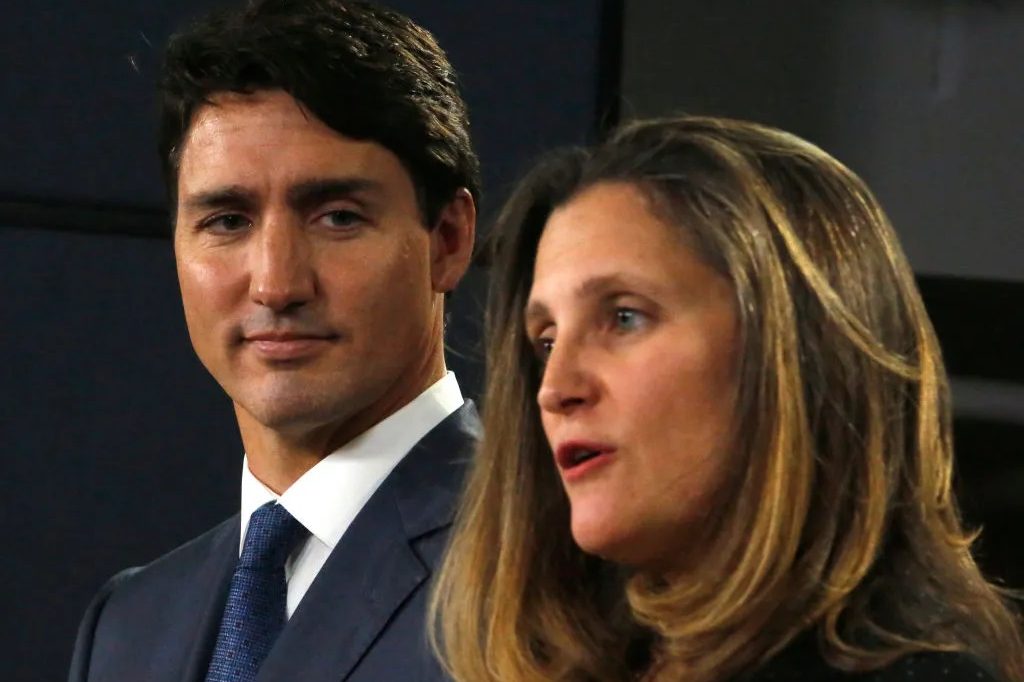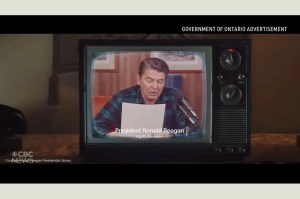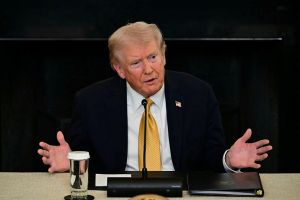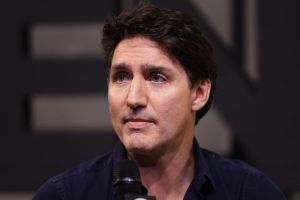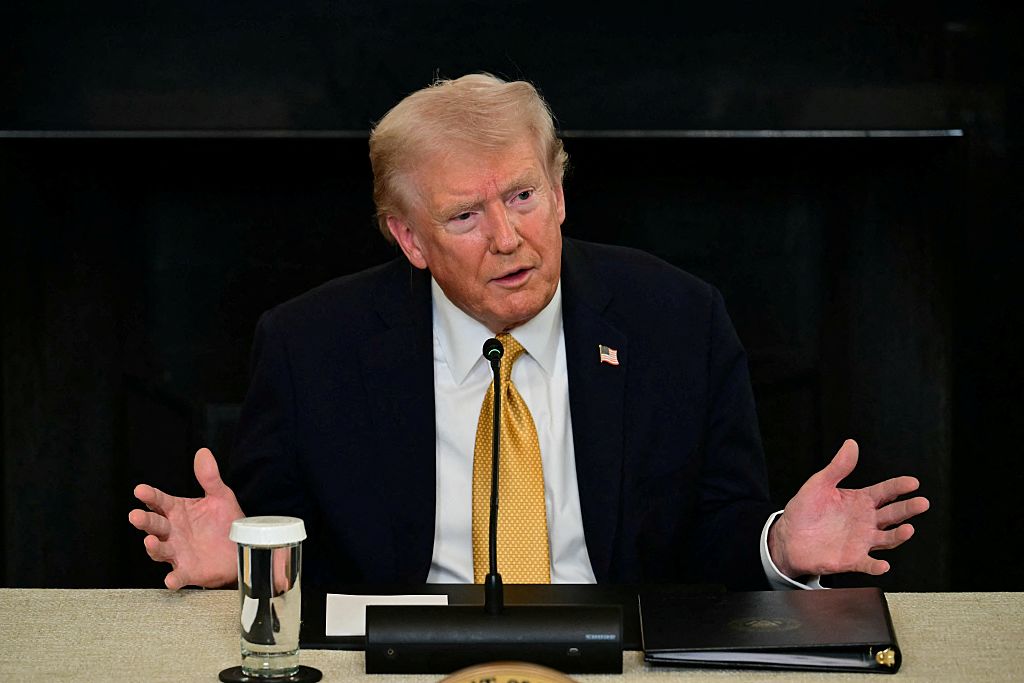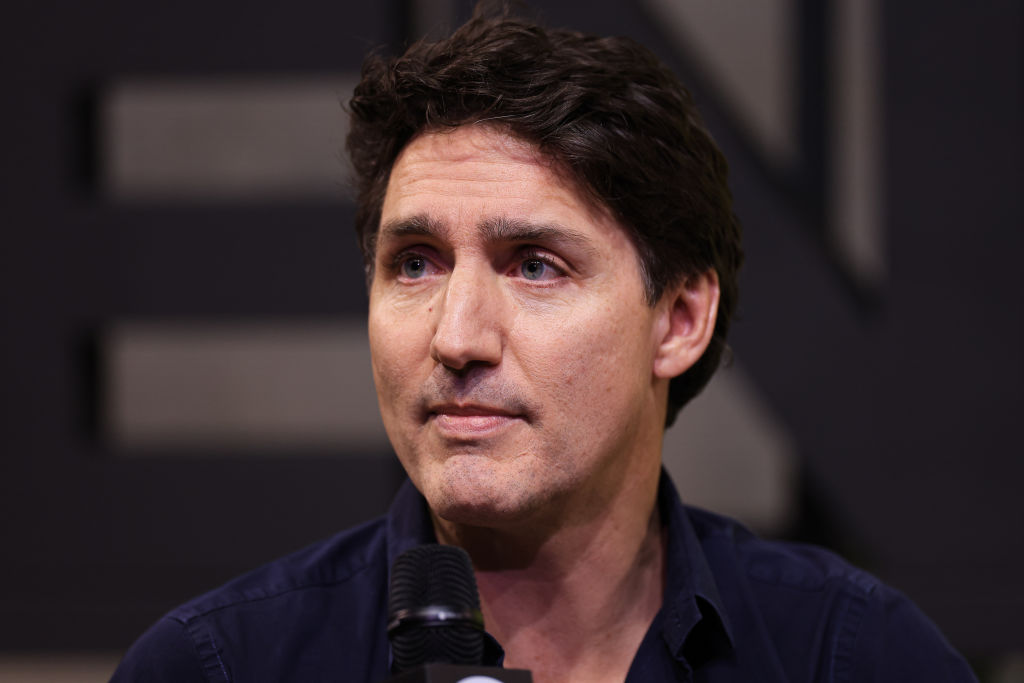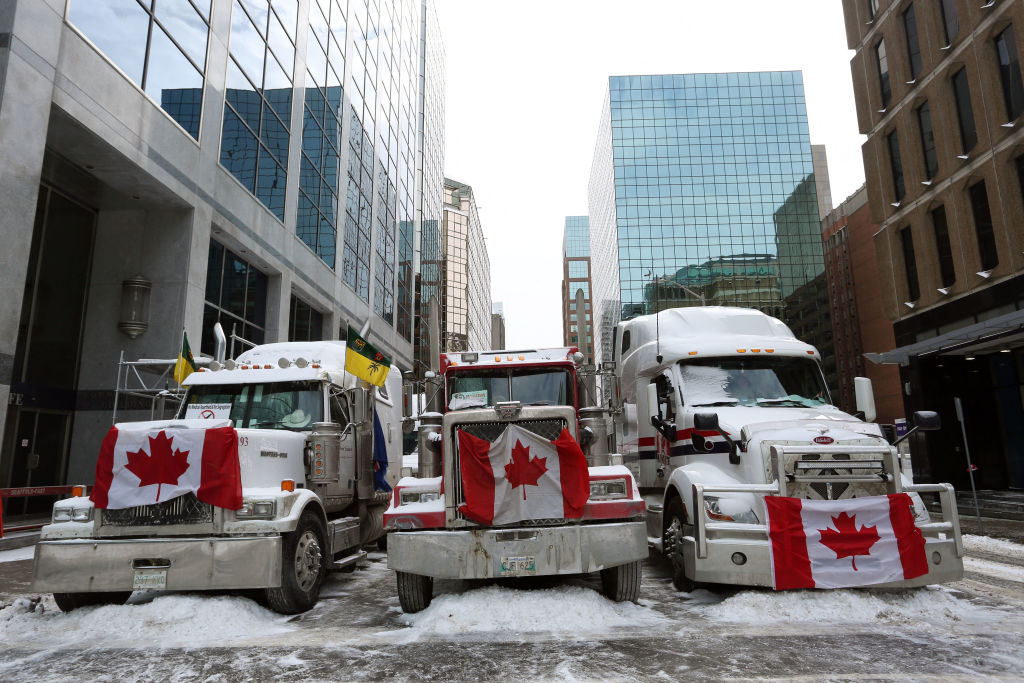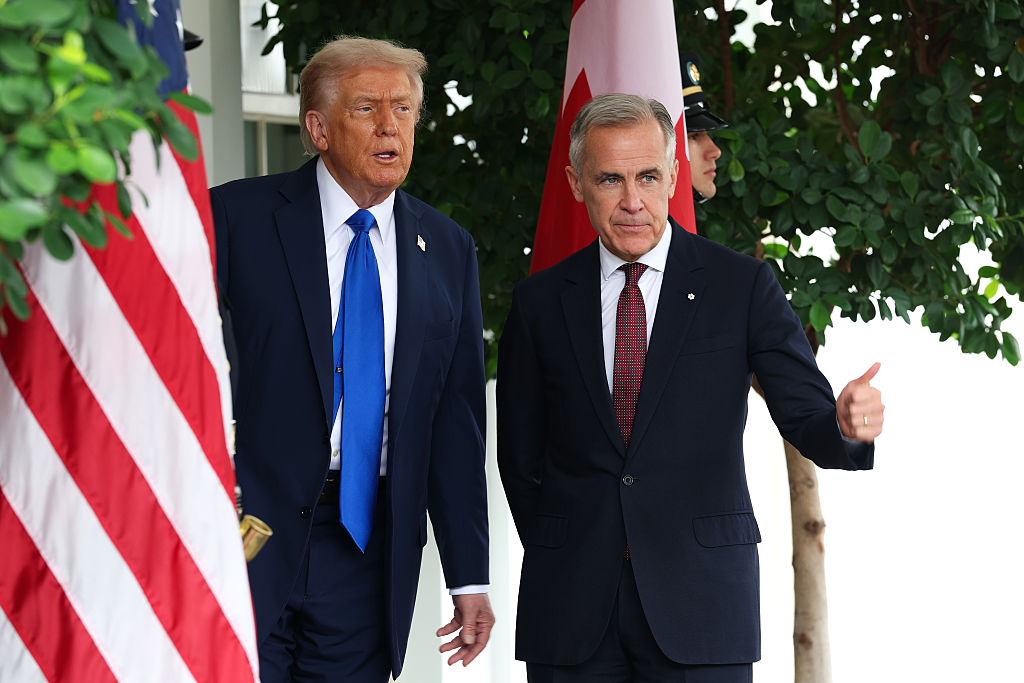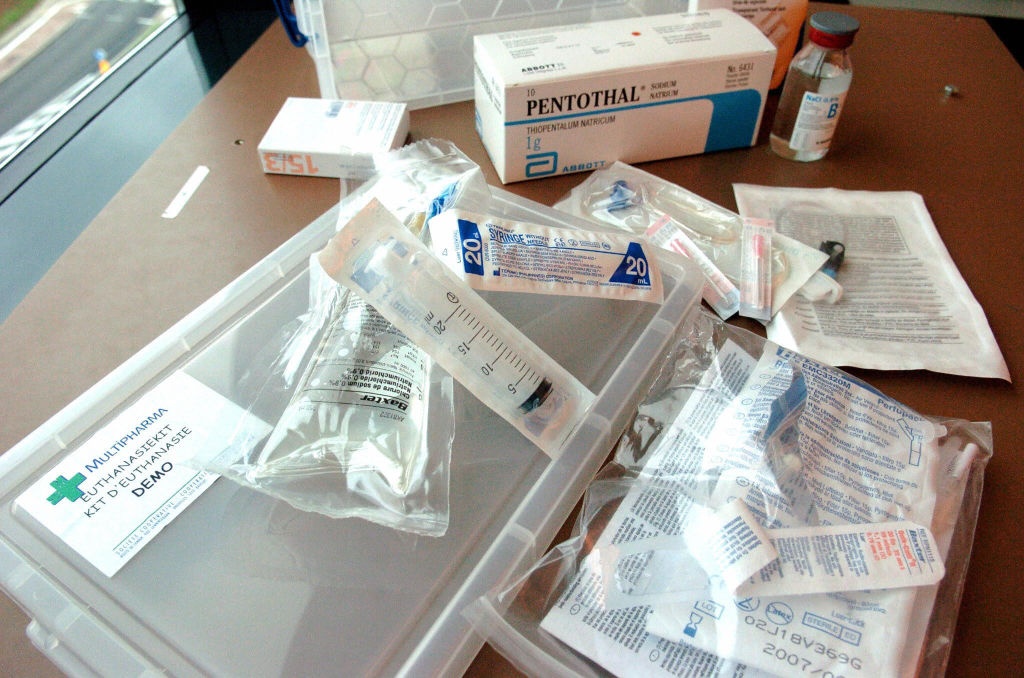Less than twenty-four hours after Mark Carney’s launch, Chrystia Freeland announced her bid to be the next Liberal Party leader of Canada. The former finance minister — whose resignation last month triggered Justin Trudeau’s downfall — put out a pithy six-word statement this morning. “I’m running to fight for Canada,” it said, simply. She intends to officially launch her campaign on Sunday, having already gained public endorsements from ministers Mark Holland and Diane Lebouthillier.
The leadership field has narrowed considerably this week as possible contenders Christy Clark, Dominic LeBlanc, Francois Phillipe Champagne and Mélanie Joly all ruled themselves out. It leaves Freeland and Carney as the only two serious candidates for the post of Canada’s next prime minister. With the Liberals third in some polls, both rivals know that the supposed “natural party of government” is facing an existential threat in the looming general election, due by October.
Freeland’s supporters point to her long record in government. A mainstay of the Trudeau administration, she held five successive cabinet posts from 2015 to 2024. As foreign minister, she led the Canadian team that successfully renegotiated a trilateral trade deal with the United States and Mexico when President Donald Trump threatened to tear up the agreement. She then spent four years as finance minister, crafting Canada’s multibillion-dollar response to the Covid pandemic.
Such longevity has earned her accolades — but it could be her biggest stumbling block too. The Liberals are desperate to make a break with Trudeau, whose approval rankings have sunk to just 16 percent. Prior to their falling out, Freeland was both politically and personally close to Trudeau, who called her “an incredible political partner” at his resignation press conference eleven days ago. As one Liberal member told me this week “she does not look like a plausible agent for change.”
Pierre Poilievre’s party is split on whether they would prefer to face off against Freeland or Carney in the general election. Both are seen as political insiders, at a time when the national mood favors outsiders. Both backed the unpopular carbon tax, on which the Conservatives are now campaigning so heavily. But when pushed, it seems Freeland — with her many years fronting the Trudeau government — would be more advantageous to Tory chances.
When I asked Erin O’Toole, Poilievre’s predecessor, he pointed to her record in the foreign ministry, where “her little tweet attacks on Saudi Arabia” had “set us back in the Gulf region a generation by virtue signaling.” He said that “there’s just such a record of Chrystia kind of carrying the water for the Trudeau government, that it would be hard to not to want to run against.” The Liberal fortunes, he noted, now rest on the hope that the party can move on from its current leader: “they’re trying to take the Trudeau out of it, but it still is that government.”
The Liberals will decide their next leader by March 9. The challenge for Freeland will be to show that she can be a change candidate, while not repudiating her record as Trudeau’s loyal deputy. With her experience of finance and tariffs, she will hope that polls suggesting the Liberals could receive a bump under her leadership are rewarded with members’ votes over the next seven weeks.



